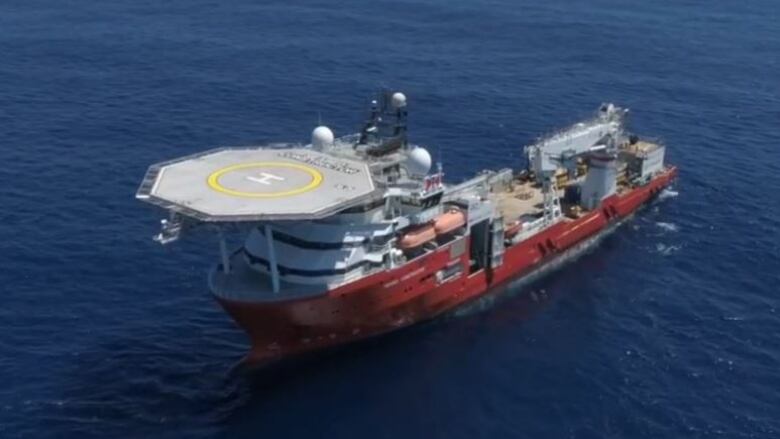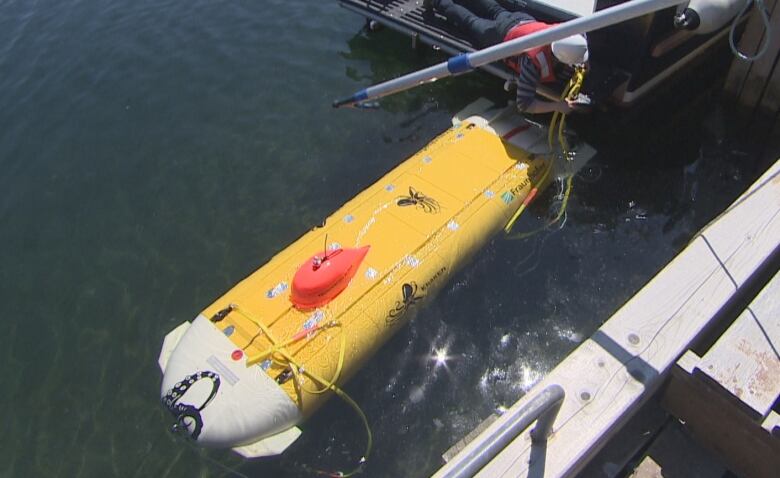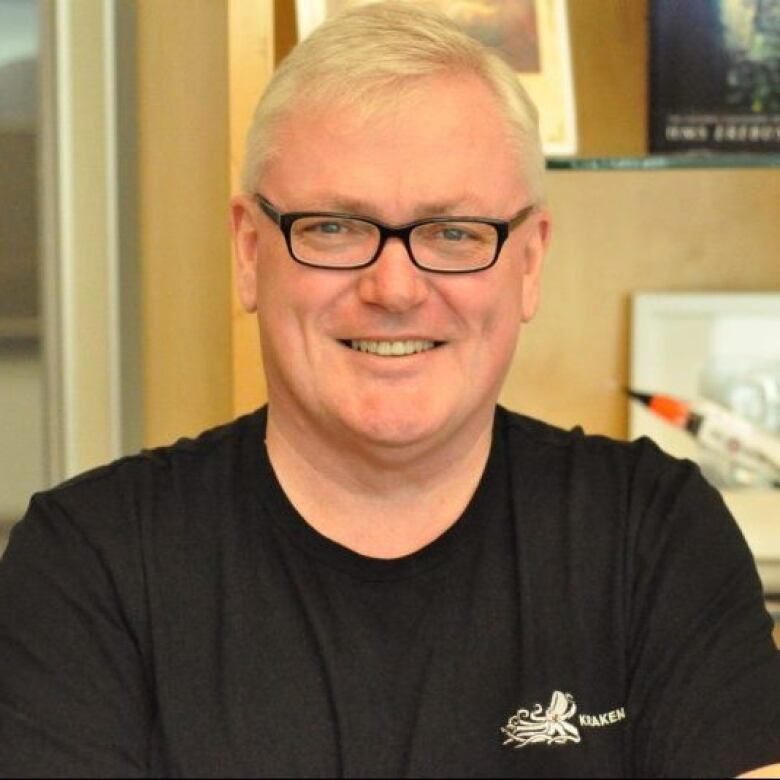'A real coup': N.L. company's advanced sonar technology being used in search for missing MH370

The search for MalaysiaAirlines flight MH370, which disappearedwithout a trace in March 2014 over the Indian Ocean with 239 people on board, will resume next week.
Ocean Infinity, a Houston-based company that specializes in geophysical seabed data mapping,has inked a contractwith the government of Malaysia that stipulates it will only collect a fee if itfinds the wreckage.
KrakenRobotics Inc. of St. John's has secured a $3 million contract to provide synthetic aperture sonar technology to Ocean Infinity's vessel that is trying to findMH370 in the southern Indian Ocean.
"This is equivalent to finding a special needle in a haystack of needles," said Karl Kenny, president and CEO of KrakenRobotics.
Kenny said his company begandeveloping thesonar technology that will aidin the searchabout five years ago.

This past September the companyentered into a contract with Ocean Infinity to equip eight of its autonomous underwater vehicles (AUVs) with this technology.
"In essence the sonar is the eyes to find small objects on the seabed."
KrakenRobotics used thesame sonar technologylast year in theAvroArrow search in Lake Ontarioand the missing ships from the Franklin Expedition.
Thisis equivalent to finding a special needle in a haystack of needles. Karl Kenny, KrakenRobotics CEO
These AUVsare capable of operating in water depths from fiveto 6,000 metres, according to Ocean InfinityCEOOliver Plunkettin a company statement.
Kenny said only a few companies in the world make this type of sonar system.
"There's multi-billion dollar defence contractors and then there's us."
In 2014, the search for MH370 dominated headlines for months. Malaysia, Chinaand Australia searched an area of 120,000 square kilometres over two years at a cost of about $157million US.
Yet what happened to MH370remains amystery.

"We are building upon the previous search team's efforts. In the past they used only one underwater robot to do the search. In this case we're using eight,"said Kenny.
Ocean Infinity has dispatched its vessel, Seabed Constructor, from South Africato the search site where it willbegin the search "imminently."
"Ocean Infinity will focus initially on the zone identified by the Australian Transport Safety Bureau," said Plunkett.
The search is expected to take 90 days.
Kenny rates the chances of detecting the downed plane as good.
If we do find the aircraft we can bring some closure to the families of the victims who were lost in the crash.Karl Kenny, KrakenRobotics CEO
"We have the most advanced technological tools available in the world today. There's nothing better."
Kenny admits being part of a large technologically advanced search that has garnered worldwide attention is "a real coup."
But aside from the technical element he said there is an important human elementas well.
"If we do find the aircraft we can bring some closure to the families of the victims who were lost in the crash," Kenny said.












_(720p).jpg)


 OFFICIAL HD MUSIC VIDEO.jpg)
.jpg)



























































































